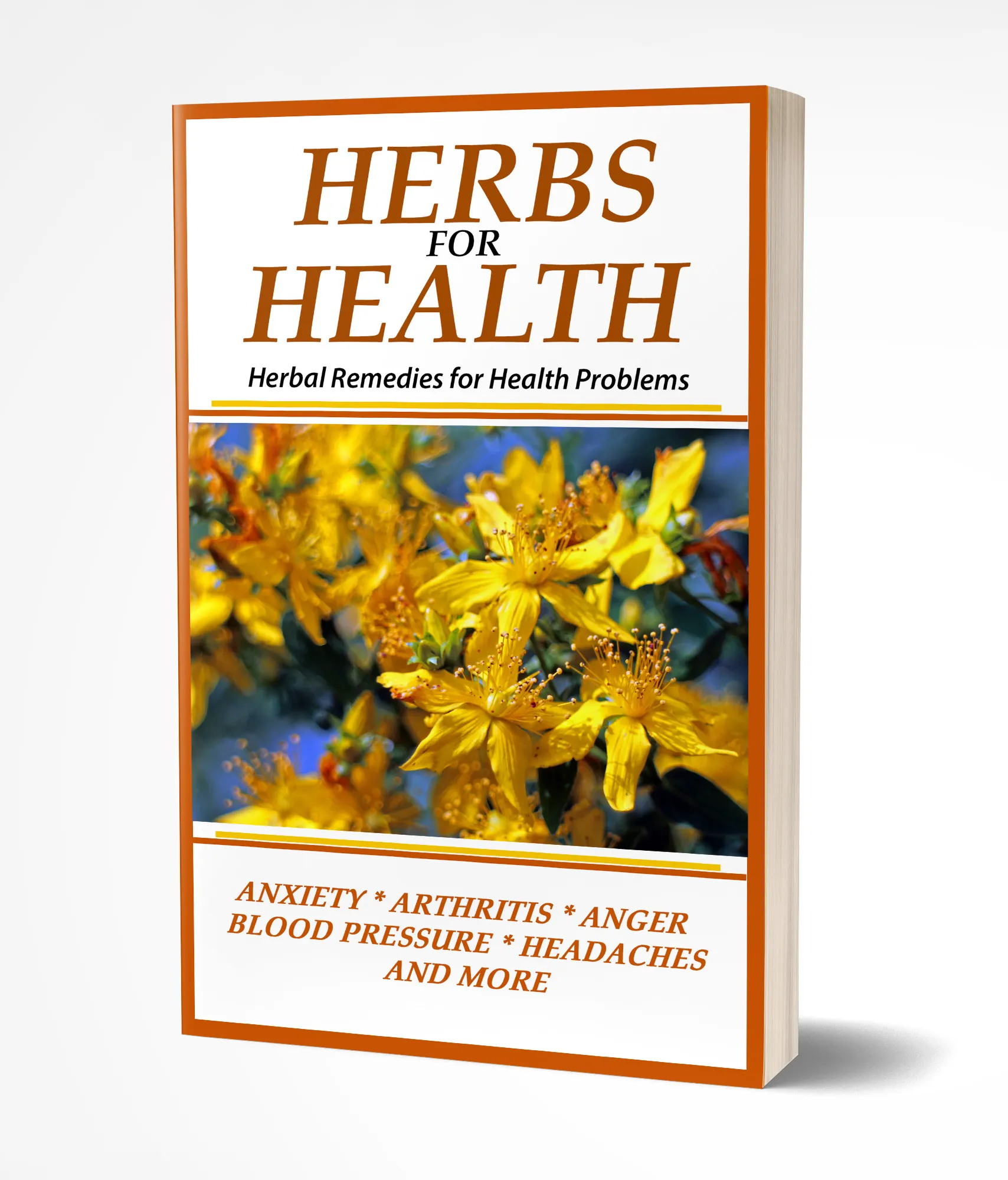Many people tend to overlook the connection between oral health and the rest of the body. They think dental care is something separate. However, the condition of your teeth and gums can affect various aspects of your health, which makes it essential to pay attention to your oral hygiene.
Your diet and lifestyle choices significantly influence your oral health, and this, in turn, impacts your general health. Understanding this connection can help you make informed decisions that promote both a healthy mouth and a healthy body.
Let’s discuss this further below:
Role of Diet in Oral Health
What you eat has a direct impact on your oral health. Sugary foods and drinks are often linked to the development of cavities. When you consume them, bacteria in your mouth interact with the sugars, creating acids that can damage the enamel on your teeth. Over time, this process can lead to cavities. Additionally, acidic foods and beverages, like citrus fruits and sodas, can gradually weaken the enamel, which can make your teeth more susceptible to decay
On the other hand, a diet rich in vitamins and minerals supports the strength and health of your teeth and gums. Calcium and phosphorus, found in dairy products and leafy greens, are essential for maintaining strong tooth enamel. Vitamin D, which helps your body absorb calcium, is also crucial for keeping your teeth healthy.
Impact of Lifestyle Choices
Lifestyle habits can significantly affect your oral health. Smoking, for instance, is one of the most harmful habits for your teeth and gums. It stains your teeth and also increases the risk of gum disease and oral cancer. Alcohol consumption, especially in excess, can lead to a dry mouth, reducing the saliva that protects your teeth and gums from harmful bacteria. Inadequate hydration is another factor that can negatively impact your oral health. Drinking plenty of water helps wash away food particles and bacteria, keeps your mouth clean, and reduces the risk of decay and gum disease.
Understanding Modern Dental Solutions
Advancements in dental technology have made it easier to maintain optimal oral health, even when issues arise. One such advancement is the use of mini dental implants, a solution for those who have lost teeth and are looking for a less invasive option compared to traditional implants. But what is a mini dental implant? It’s a smaller version of a regular dental implant designed to support replacement teeth or dentures. Mini dental implants are typically used in situations where the bone is not dense enough to support full-sized implants.
These implants are less invasive to place, usually requiring a shorter healing time, and can often be placed in a single visit. They’re also less expensive than traditional implants, which makes them an accessible option for those seeking to restore their smile and oral function. Missing teeth can lead to issues like shifting of the remaining teeth, jawbone deterioration, and difficulties in eating, all of which can affect your overall health. Thus, modern dental solutions like mini dental implants help restore the aesthetics of your smile while also contributing to your broader wellness goals.
The Connection Between Oral Health and Systemic Health
Oral health is closely linked to various systemic health conditions, making it more important than ever to maintain a healthy mouth. Research has shown that poor oral hygiene can contribute to chronic diseases such as diabetes, heart disease, and respiratory infections. For example, the inflammation caused by gum disease can increase blood sugar levels, making it more difficult for people with diabetes to manage their condition. Similarly, bacteria from the mouth can enter the bloodstream and contribute to the formation of plaque in the arteries, which is a risk factor for heart disease and stroke.
On the other hand, chronic conditions can also negatively impact oral health. Diabetes, for instance, can reduce the body’s resistance to infection, making the gums more susceptible to disease. In addition, medications used to treat various health conditions often have side effects that affect oral health, such as dry mouth, which can lead to tooth decay and gum disease. Understanding the two-way relationship between oral health and systemic health is crucial for maintaining both.
Preventive Measures for a Healthy Mouth and Body
Prevention is key to maintaining both oral health and overall wellness. Regular dental check-ups and cleanings are essential for catching problems early before they become more serious. Your dentist can spot signs of gum disease, tooth decay, and other oral health issues that might not be immediately apparent. Early detection and treatment can prevent these problems from progressing and causing further harm to your health. In addition to professional dental care, preventive measures like fluoride treatments and dental sealants can provide an extra layer of protection against cavities and gum disease.
Good oral hygiene practices at home are equally important in preventing oral health problems. Brushing your teeth at least twice a day and flossing daily can remove plaque and food particles that contribute to tooth decay and gum disease. Using mouthwash can also help reduce bacteria in the mouth and freshen your breath. Additionally, maintaining a healthy diet and staying hydrated can support your oral health by providing the nutrients your teeth and gums need to stay strong.
Integrating Oral Health into Your Daily Wellness Routine
Incorporating oral health into your daily wellness routine is an effective way to ensure that your mouth and body stay healthy. Start by making oral care a consistent part of your daily habits. Set aside time each morning and evening to brush and floss your teeth, just as you would for any other important health activity. Consider using a toothbrush with soft bristles to protect your gums and replace your toothbrush every three to four months or sooner if the bristles are frayed. If you’re prone to forgetting, try setting reminders on your phone or placing your toothbrush in a visible spot.
Beyond brushing and flossing, consider how your overall lifestyle choices affect your oral health. A diet rich in fruits, vegetables, lean proteins, and whole grains can support both your general health and your oral health. Limiting sugary snacks and beverages can reduce your risk of cavities, and drinking plenty of water throughout the day helps keep your mouth clean and hydrated.
Additionally, be mindful of stress and its impact on your oral health. Finding ways to manage stress, such as through exercise, meditation, or hobbies, can help prevent stress-related oral health issues like teeth grinding.
Oral health is an essential component of overall wellness, with diet, lifestyle, and preventive care playing significant roles in maintaining a healthy mouth and body. Taking care of your teeth and gums is not simply about aesthetics; it’s about supporting your entire body’s well-being.
The post Integrating Oral Health with Overall Wellness – The Connection Between Diet, Lifestyle, and a Healthy Mouth appeared first on Heal How.
Flash News
Empowering you to live a fit and healthy life







